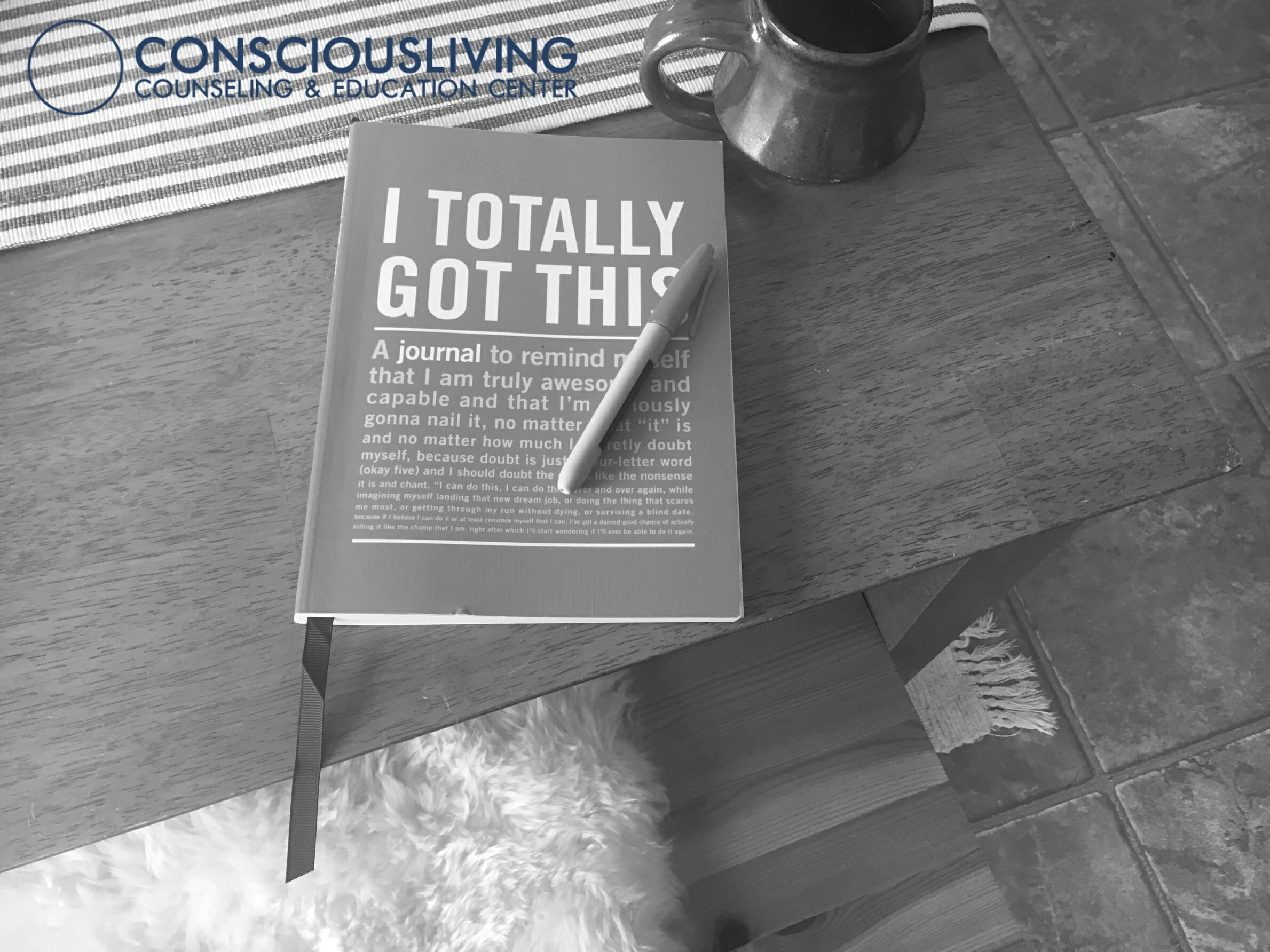
When Art Captures Depression
May 5, 2016
Journaling Tips for Depression Treatment
May 1, 2017Self-Care Cure

In the Midwest, many warm-hearted people believe that neglecting oneself is a sign of a good person. However, for some people this belief can be the root cause of sleep disorders, mood problems and patterns of interpersonal conflict. When this belief becomes too rigid, it often has an origin in early childhood experiences that place inappropriate demands on a child’s physical or emotional energy. This dynamic can subconsciously evolve into an unchallenged belief that ignoring your needs is a worthy ideal.
In her Book, Adult Children of Emotional Immature Parents, Dr. Lindsay Gibson writes, “children don’t inherently know how to protect their energies.” In order to be healthy, adults must learn how protect energy reserves and engage in self-care. You have the right and responsibility to pay attention to your needs. You can meet your needs for rest, understanding, respect, and any other need that supports your energy and functioning.
Self-neglect is a learned behavior that can be unlearned and replaced with self-care habits that allow your true self to emerge. Dr. Gibson defines the true self as “an extremely accurate, self-informing neurological feedback system that points each individual toward optimal energy and functioning.” Sound great, right?
With time and effort you can fine-tune your feedback system to serve you. Here are a few journal prompt questions to get you started:
1. Do I usually put another person’s needs above my own?
2. Can I ask for help when it’s needed?
3. Do people expect me to be perfect? Do I want to fix other people?
4. Do the people in my life encourage me to take care of myself? How do I respond?
5. Can I state my thoughts and needs clearly without anger or resentment?
6. Do I end each day with an energy reserve or depleted?
7. Do I keep in touch with people I care about?
8. When I get tired- do I rest?
9. Do I monitor for doing too much? Do I get enough physical activity?
10. Do I take time to purchase and prepare healthy meals?
11. When was the last time I ignored my to-do list?
12. What are my early memories about my behavioral patterns? Did adults around me encourage self-care?
Self-Neglect is Not a Worthy Ideal. Get help and change your habits.



